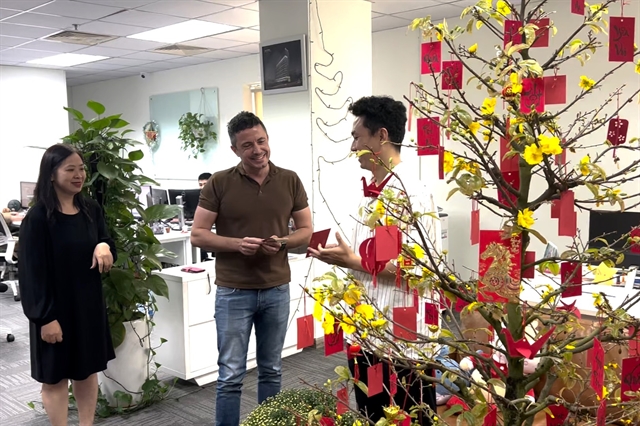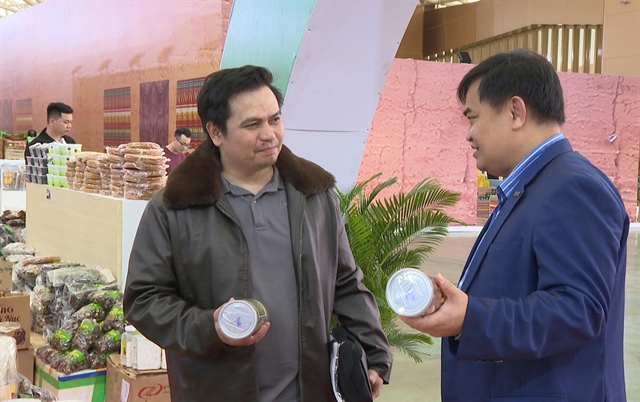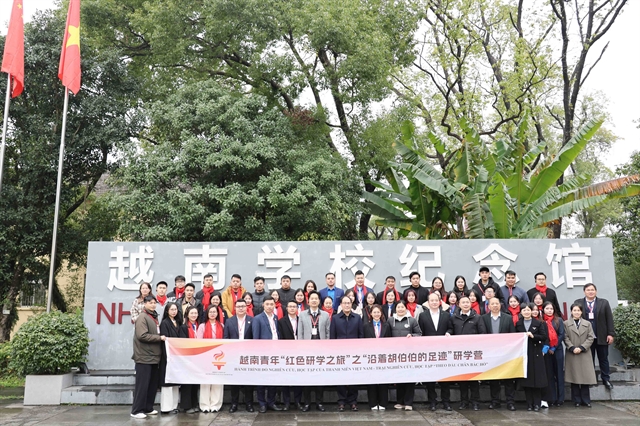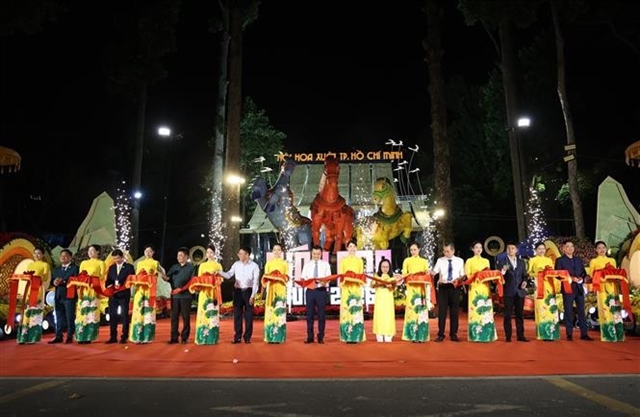.jfif) Opinion
Opinion

Assistant Professor Đinh Trọng Thịnh of the Hà Nội-based Finance Academy tells Nông thôn Ngày nay (Countryside Today) that removing the need for adequate collateral for agricultural loans is not practical as it runs counter to a basic principle of lending.
 |
| Đinh Trọng Thịnh. |
Assistant Professor Đinh Trọng Thịnh of the Hà Nội-based Finance Academy tells Nông thôn Ngày nay (Countryside Today) that removing the need for adequate collateral for agricultural loans is not practical as it runs counter to a basic principle of lending.
Farmers, even those considered “excellent,” struggle to get loans from banks. Can you comment on this?
Yes, it is true that farmers face many difficulties in getting loans from banks. One problem is that farmers’ assets (house, farm or produce) are usually of low value and cannot be used as collateral for large business loans.
In fact, there have been many farmers who’ve borrowed money from banks with no ability to repay the loans, increasing the latter’s bad debts and operation of bank branches. This makes the banks hesitant to lend to farmers.
So how can farmers get the loans they need?
The problem is that households and co-operatives must have legal personality to be able to borrow and have collateral for loans. It is difficult to require banks to provide unsecured loans as this goes against the main principle of their operation. They are in the "money business" that has its own safety principles.
In my opinion, farmers wanting to borrow must have a reliable guarantor. It could be a farmers’ association or a livestock breeding association specialising in raising pigs, chicken or fish in a particular province or locality. But how to gain trust is a problem. The prestige and property of these associations are limited, so a higher level guarantee is needed.
So is it necessary for farmers to have certificates of land use rights for farmland and certificates of ownership of other assets in order to get bank loans?
It is very necessary to have certified ownership and land use rights, whether it is for households, co-operatives or other institutions.
However, regulations regarding this are still being completed by concerned agencies, so farmers have to wait and such certificates cannot be issued immediately.
Relevant agencies need to speed up establishment of legal frameworks and ensure early issuance of certification, of land use rights to farmland, and ownership of other assets for farmers and co-operatives so that they have legal collateral to get loans from banks.
What do you think about a proposal to remove the requirement for such certificates, and for loans should be based on feasible business plans?
The problem is that mortgaged loans are an immutable principle of lending activity. If there is no collateral that enables recovery of funds, no lender will be comfortable lending.
Should the loan limit of VNĐ500 million (around US$22,000) be removed for farmers, because it is too small compared with the investment farmers need in general?
Yes. I think the provisions of Decree 55/NĐ-CP regarding credit policy for agricultural and rural development have shown limitations that need to be revised as soon as possible. Currently, there are many farmers and co-operatives investing tens of billions of đồng, so the demand for capital for their business is also growing.
Therefore, in my opinion, if you offer loans for a business project, you should not limit the amount. The loan must be based on the capital needs of the project and the value of collateral assets.
What are your solutions and suggestions to help farmers access bank loans?
It is necessary to enhance the role of the Farmers’ Association as well as the professional associations in the concerned localities so that they have the prestige of the organisation and the financial capacity to be able to guarantee loans for members.
It is also important to improve the legality and validity of economic contracts between farmer households and agencies and organisations so that they can become legal bases for lending money to production projects. We should also step up the development of different forms of insurance in animal husbandry and crop cultivation so as to cover risks in investing and implementing agricultural projects.
Households and co-operatives themselves must improve transparency in their business and seriously repay their debts to increase their credibility with banks.
On the other hand, it is necessary for authorities to develop feasible plans for industries and developing areas for all kinds of seedlings, ensuring business efficiency, so that farmers do not to have to struggle with uncertainty regarding production, production inputs, output consumption and so on. These problems have to be dealt with in a comprehensive manner.
At the same time, there is a need to increase the application of scientific and technological advances in agricultural production so as to reduce risks and increase investment efficiency in the sector. Here, we should focus on improving preservation and processing technology to increase the value of agricultural products. All these will help reduce risks for investment and lending. -- VNS




